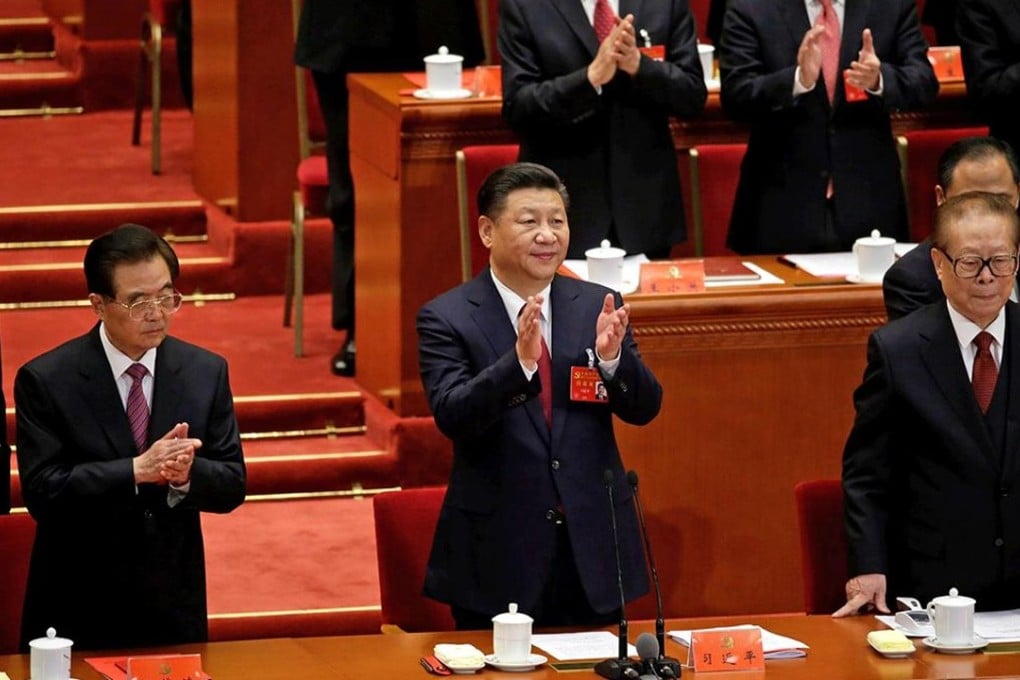A bold blueprint for China’s future
Xi Jinping’s ideology has been incorporated into the Communist Party’s charter, providing a road map to a “great modern socialist nation” by 2050

The Chinese Communist Party’s twice-a-decade national congress has agreed on the new top tiers of leaders charged with carrying forward Xi Jinping’s vision for the country. They will be guided by his political ideology, “Xi Jinping Thought on Socialism with Chinese Characteristics for a New Era”, adopted yesterday into the charter of the Communist Party.
The inclusion of his name in his political theory may put Xi on a par with late leaders Mao Zedong and Deng Xiaoping but, arguably, the defining achievement of this congress is to provide a springboard for China into the “new era” mapped out in Xi Jinping thought.
This envisions a two-stage ascension, to leader in innovation by 2035 to a “great modern socialist nation” by 2050 – a global leader in economic and military strength and influence. The world will join in watching to see if the nation can achieve this goal while upholding the 14 fundamental principles spelt out in Xi Jinping thought.
The years from now to the 20th party congress, the second five years of Xi’s term in office, are seen as decisive for laying the foundations. The principles range over social, economic and security issues, from reaffirming party leadership over every aspect to deepening reform, adopting a new vision for development that puts quality ahead of quantity, law-based governance and harmonisation with nature to upholding “one country, two systems”.
The latter puts Hong Kong firmly in the frame of national development, while endorsing the constitutional and governance formula as the “best institutional guarantee for the long-term prosperity and stability of Hong Kong and Macau”.